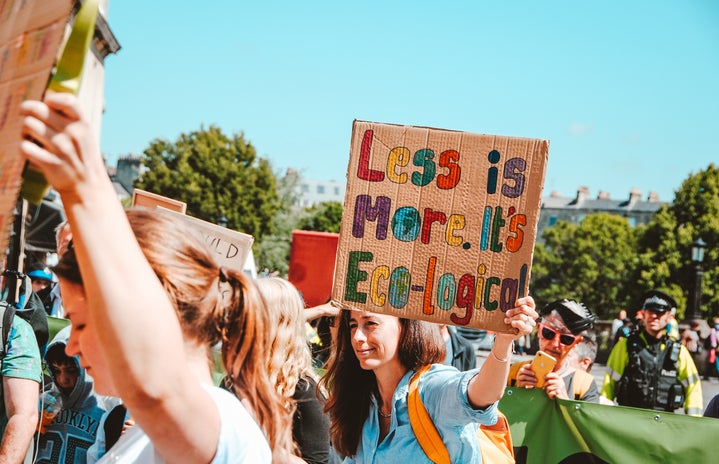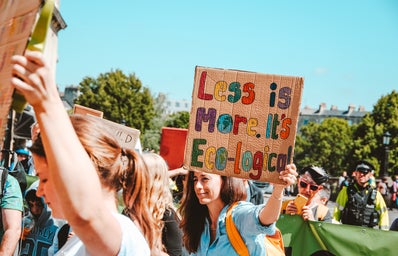The movement towards a more eco-friendly and sustainable planet is something most of us are aware of but aren’t always sure how to directly contribute to. There are many small things that you, as an individual, can do to be more environmentally friendly, as it is obvious that big corporations are responsible for a lot of the damage that ensued. While these companies are disproportionately contributing to the damage to our planet, big steps start in small hands. Here are a few things you can incorporate into your life immediately (sort of) to contribute positively to our environment and invest in the future of generations to come.
1. Replace* your single-use plastic bath products
I place emphasis on the “replace” here, because although it’s good to transition to using bar soaps for all your bath needs, including face wash, body wash, shampoo, and conditioner. This does NOT mean that you should throw out the things you’re currently using! In efforts to reduce your plastic waste, you should finish all the products you currently have, whether it be a moisturizer, lotion, makeup products, etc., and replace them with some version of a package-free product. There are many options out there including safety razors, package-free floss, reusable ear swabs, washable makeup wipes, and many others. Here are some links to products that I’ve transitioned to using:
Facial Bar:
Hair Care:
https://www.lushusa.com/hair/shampoo-bars/seanik/9999902164.html
https://seedphytonutrients.com/product/color-care-conditioner/
2. Buy locally grown
If you live in the Amherst area, or essentially anywhere in Western Mass, there is an amalgamation of opportunities to buy local! Apart from the simple fact that products are fresher when purchased locally, most local productions are both pesticide-free and preservative-free (since they don’t need to be transported and kept fresh for long periods of time). Through this, you’re supporting the preservation of farmland that could otherwise be industrialized. Furthermore, this buy reduces carbon emissions, as less food miles are used to transport the food to its final destination, i.e., the grocery store. Plus, it tastes better!

3. Wash and reuse containers
This is something super simple that my roommate and I have been doing ever since we moved in together. Just wash out any containers, be it glass or plastic, and use them as drink cups, to store food, hold paintbrushes – the possibilities are endless! From jam to salsa jars, our cabinets are filled with an assortment of different old containers, which also give us a variety of cup sizes, perfect for any portion!
4. Reusable feminine care
Women average about 9,600 feminine hygiene products in their lifetime, with a single-use pad taking about 500-800 years to decompose. Can you believe that?! Thankfully, there are many options available today to reduce this, including menstrual cups, period panties, and reusable pads. Not only do these end up being more comfortable and better for the environment, but they are also significantly cheaper investments than single-use menstrual care products!

5. Stop buying into fast fashion
Fast fashion is a dangerous industry that has harmful effects on not only the environment but also workers’ human rights through poor and dangerous working conditions alongside pay that often isn’t even a living wage. During the production of these poorly and quickly made clothing items, immense amounts of greenhouse gases are emitted through both the manufacturing and transportation of garments. Rather than buying into companies such as Shein, Uniqlo, Urban Outfitters, Victoria’s Secret, and Nike (among so many others that underpay their workers and treat them unfairly), look into buying second hand, either at thrift stores or online sites such as Poshmark and Depop.
There’s often a stigma attached to sustainability around it being too expensive. While this can be true for certain things, there’s also less of a need to make purchases as frequently when investing in products of good quality! This also in turn reduces the amount of waste that we produce. The cost of sustainability isn’t too expensive, we are just used to the cheapness of unsustainability!



